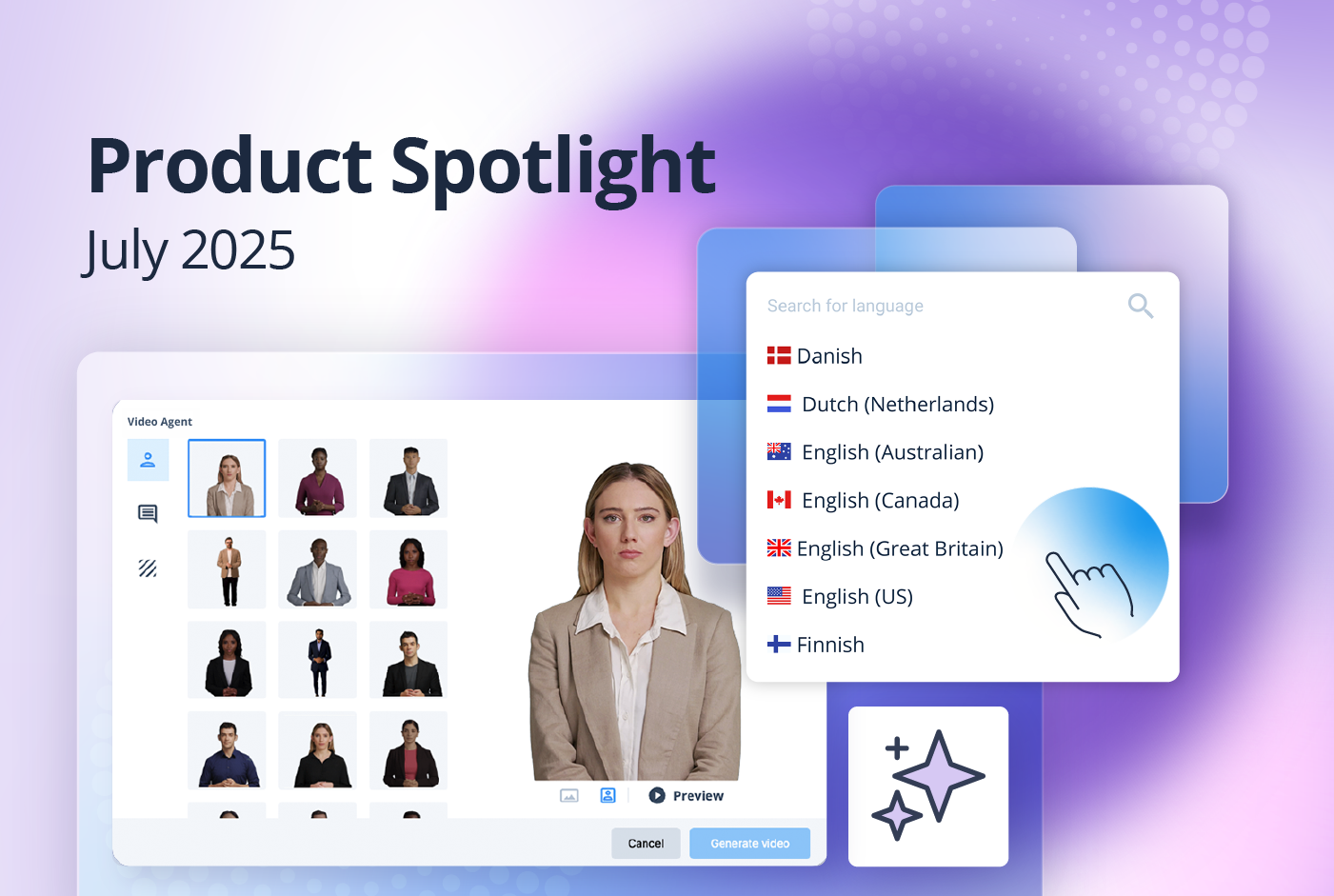Remember when sales teams held the keys to the buying process? Those days are gone. Today’s B2B buyers are navigating their own paths, often without ever reaching out to a salesperson until the very last moment.
According to Gartner, buyers spend just 17% of their time meeting with potential suppliers. And by 2025, 80% of sales interactions will happen through digital channels. If multiple suppliers are on their radar, your piece of that time pie might be less than 5%. So, what’s happening during the other 95%?
if you can’t engage decision makers during the target stage with a hands off approach and nurture them through the majority of the buying journey, you may never even get to the consideration stage much less the 6QA or hot account.
How B2B Buying Has Changed
How B2B buying has changed comes down to one fundamental thing: control. In the old way of B2B selling, the sales team was in control of the process. That’s no longer the case. B2B buyers are using the Internet to do research before ever talking to a salesperson. They’re doing independent research and looking at a variety of options.
This creates fewer opportunities for your sales team and makes it essential for them to be part of the conversation from the earliest stage of the buyer’s journey. If prospects aren’t finding your messaging in search engine results, seeing it on social media, or learning about your products and services online, you may as well not exist. The case is no different in B2B, where 71% of sales start with a generic search.
Why Control Has Shifted to B2B Buyers
Outdated marketing processes required sales teams to guide buyers through every step, from awareness to decision. Now, buyers are doing their own research long before they pick up the phone. They’re checking out reviews, reading up on case studies, and comparing options—all before you even know they exist.
Today, the power has shifted to the buyers, who use the internet and peer reviews to conduct their research before ever engaging with a salesperson. They’re exploring a variety of options, which reduces the opportunities for sales teams to influence their decisions. It’s a challenge that requires a different approach, especially since many of these buyers have already made up their minds by the time they’re ready to talk.
This shift has made it essential for businesses to be part of the conversation from the get-go. If you’re not showing up in search results, social media, or the resources they’re digging into, you might as well be invisible. With 71% of sales starting with a generic search, the big question is: will they find you?
Navigating the Modern B2B Buyer’s Journey
Today’s B2B buyers are skeptical of sales and marketing claims, leading them to conduct more in-depth research. Forrester highlights this as a key reason for the growing complexity of the B2B buying process.
Additionally, as highlighted in the 6sense "Science of B2B" series, 70% of the B2B buying journey is completed before buyers even engage with a seller. This consistency holds across industries, types of purchases, and even between net new and renewal buyers, underscoring the importance of having a robust online presence and providing valuable content throughout the entire journey.
Buyers know a sales rep is going to push a sales agenda. While the product or service may be the best solution, buyers need to convince themselves it’s the right choice rather than relying solely on sales pitches.
The traditional, linear B2B sales funnel is becoming increasingly irrelevant. Modern buyers follow a non-linear path, often moving back and forth across stages of the buying process, which can vary significantly for each customer. Additionally, B2B buying groups have expanded, often involving six to ten decision-makers, each with unique priorities. For example, while a CEO may focus on revenue growth, a CFO might prioritize cost reductions, and a marketing manager may look for tools that enhance campaign effectiveness.
All of this has resulted in a completely different B2B buying process.
Now, marketers must provide relevant and valuable information and not just veiled sales pitches. That information must answer questions in an authoritative but honest manner, and it must be personalized to be impactful. Because buyers are well-informed, sales teams must be highly transparent and have deep product knowledge. They must also have a strong understanding of their competitors because the modern B2B buyer will already be well-informed on how they stack up.
Lessons from B2C: The Importance of a Frictionless Experience
While B2B and B2C purchasing processes differ, they are becoming more alike in key ways. Both require providing the right content at the right time to meet the buyer’s needs. If your content isn’t readily available when buyers search for it, they may turn to competitors.
While B2B buying decisions typically take longer and need approval from a group of stakeholders rather than a single person, in B2C, the sweet spot is the same: finding the pain point or human element that resonates with the buyer and moves them to act.
One of the most crucial lessons B2B can learn from B2C is the focus on customer experience. Direct-to-consumer companies often emphasize the customer experience as much as the product itself, striving to eliminate friction from the buying process. In B2B, friction at any stage can derail a deal—especially for Millennial buyers, who now control 73% of B2B purchasing decisions. These buyers demand a seamless, frictionless experience, similar to what they encounter in their personal digital interactions.
Friction is a sales killer. Yet, as the modern buyer moves through the B2B marketing process, there’s friction at every stage waiting to derail deals.
B2B marketers must focus on reducing friction by delivering the right information at the right time and in the right format. Research shows that when buyers find online content that alleviates their concerns, they are 2.8 times more likely to be satisfied with the purchase process and three times less likely to regret their decision.
The Power of Personalization in B2B / ABX (Account-Based Experience) Marketing
To connect with today’s buyers, you need to meet them on their terms. That’s where Account-Based Experience (ABX) comes into play. ABX is all about creating tailored experiences for each account and the different stakeholders within the buying group, ensuring that every interaction, from the first touch to the final decision, is relevant and valuable. In a survey conducted with Demand Gen Report, 86% of marketers agreed that personalized content and messaging are critical to their success.
For example, you may need a case study showing how a solution generated revenue growth for one buying group member, and a case study showing how a solution streamlined operations to improve productivity for another.
Marketing teams also need to focus on creating consensus across modern B2B buying teams. This means generic content marketing using online content must be personalized to different members of the buying group to provide the information they need.
Aligning Marketing and Sales for Success
While the B2B sales funnel may still look the same today as it did a decade ago, the path to get through the funnel looks much different. This new, non-linear path mandates B2B marketers to create support material for each stage and recognize that purchasing stakeholders will move back and forth between stages, and will also be at different stages at the same time.
That’s why it’s critical for marketing campaigns and sales teams to be completely aligned. There’s virtually no handoff between marketing and sales today, and that means teams must work in parallel across the entire buyer’s journey.
Organizations that tightly align marketing and sales have 38% higher win rates, are 67% better at closing deals, and benefit from renewal rates that are one-third higher than their competitors.
Optimizing the B2B Buyer’s Journey with Folloze
Folloze helps B2B marketers create personalized, engaging buyer journeys with tools designed for scalability. With a deep understanding of the modern B2B buyer, Folloze simplifies complex marketing challenges, allowing you to deliver the right message at the right time.



